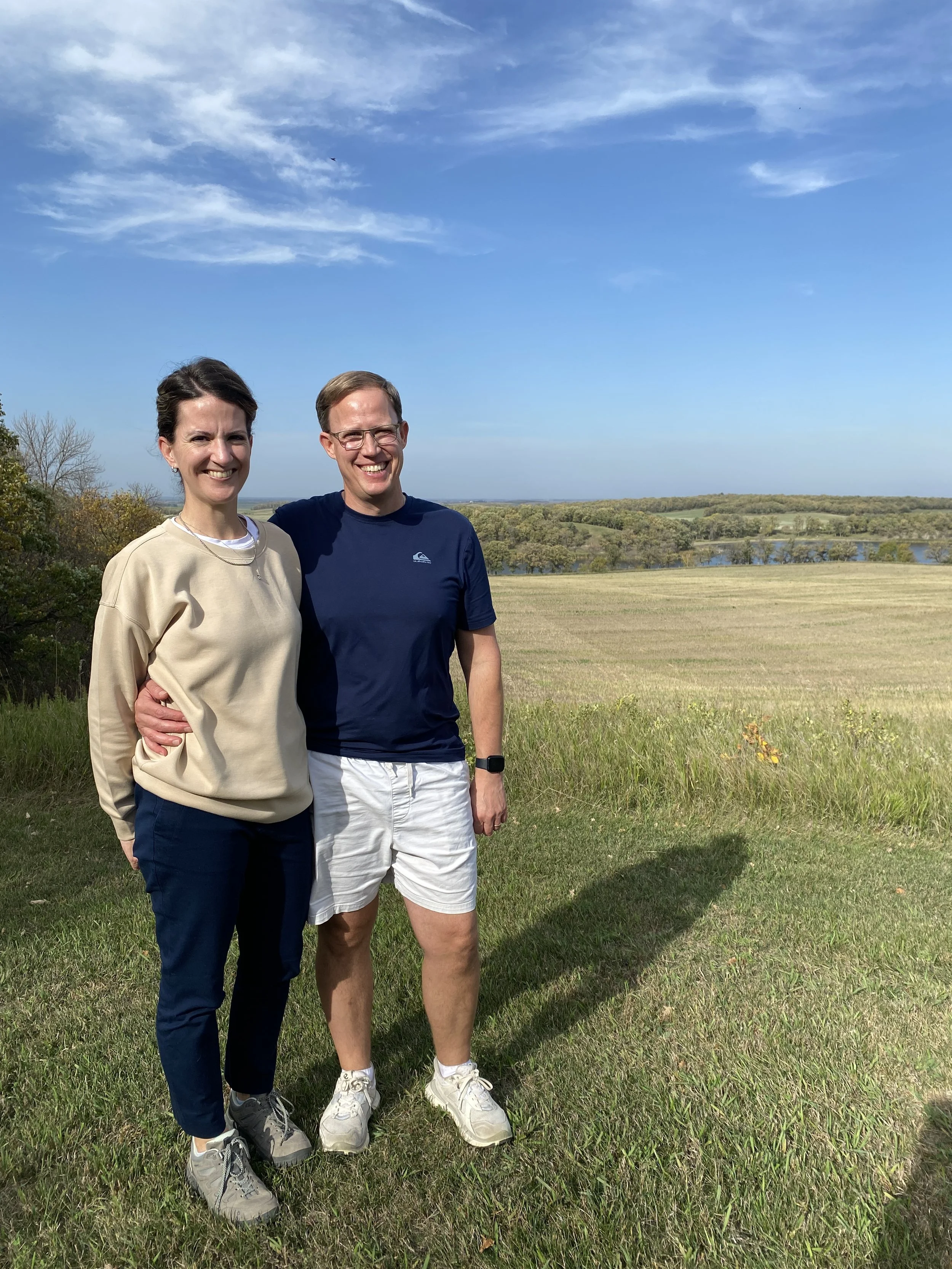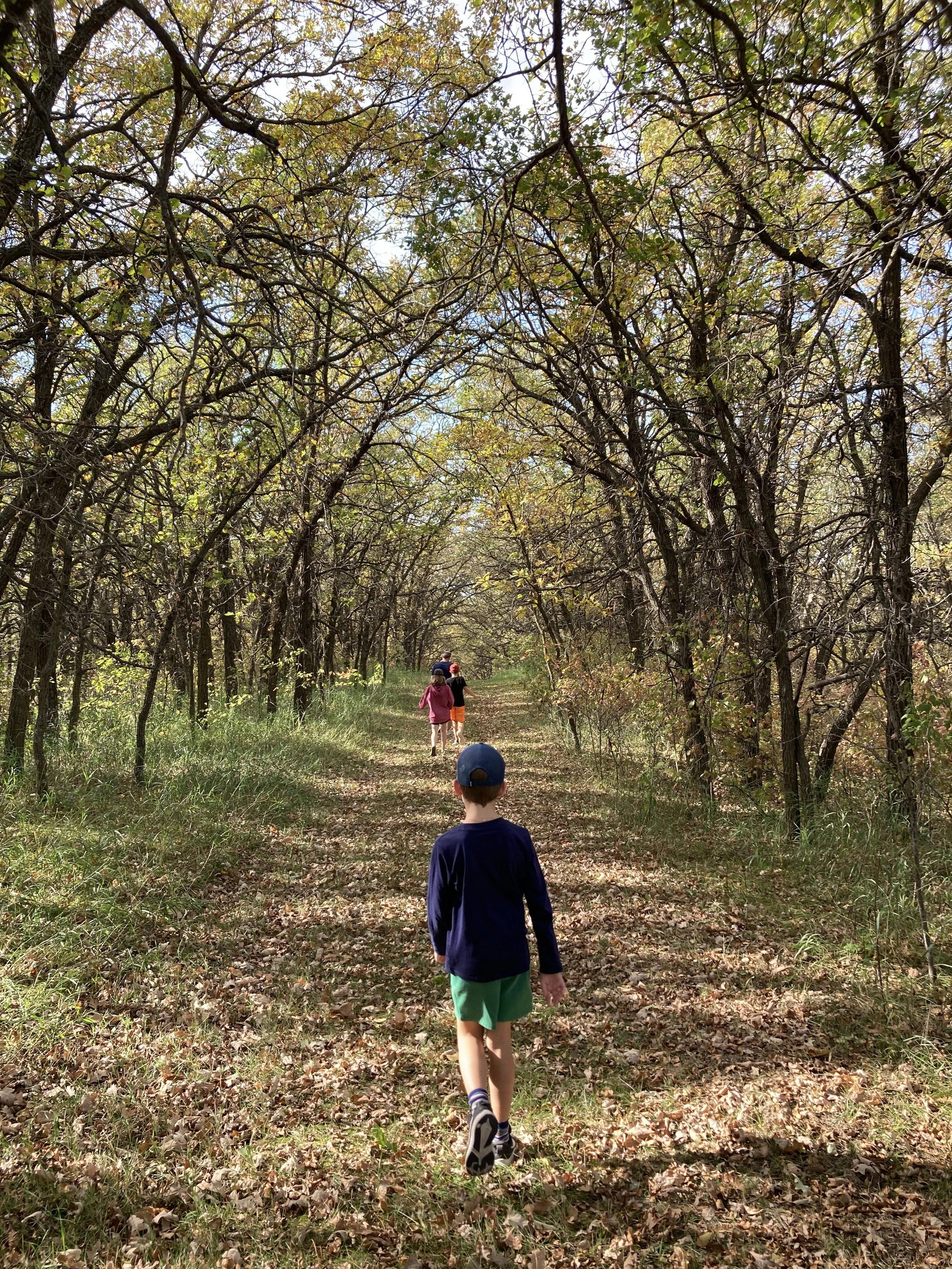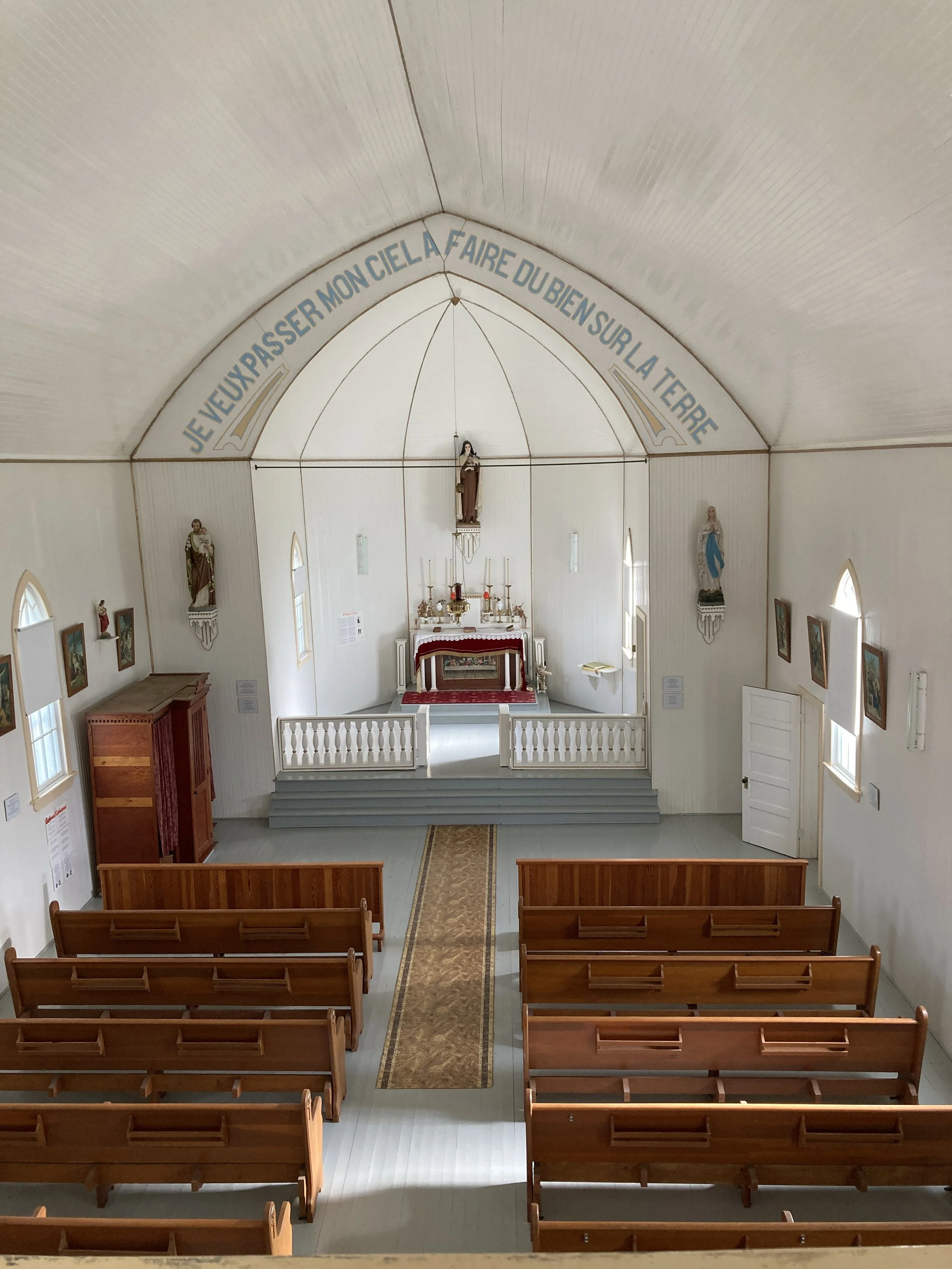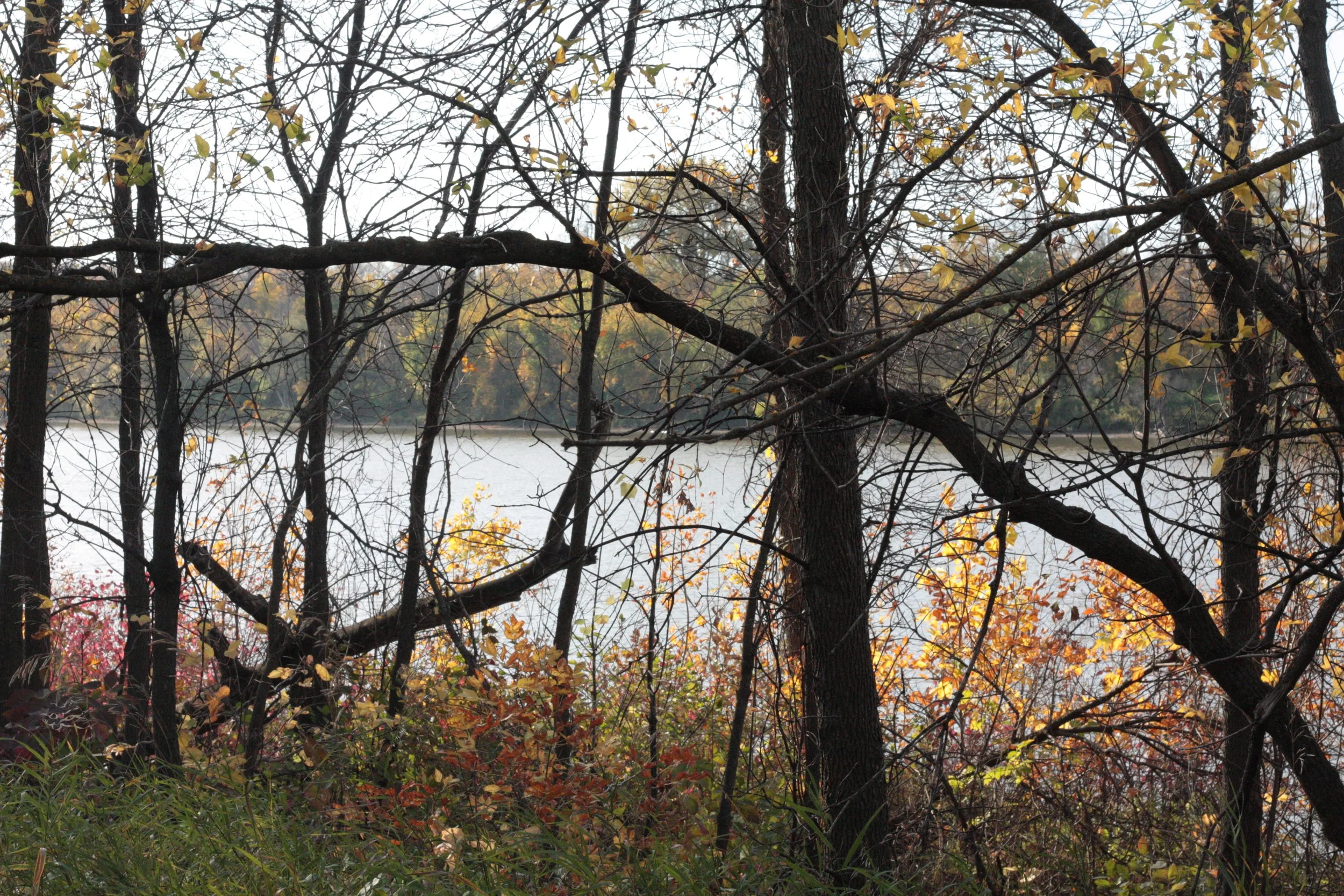Quote
Listening to an interview with Arundhati Roy lead me to reading her short essay titled “The End of Imagination”. Published in 1998, she wrote it in response to India's testing of nuclear weapons.
I liked these two paragraphs in particular:
Railing against the past will not heal us. History has happened. It's over and done with. All we can do is to change its course by encouraging what we love instead of destroying what we don't. There is beauty yet in this brutal, damaged world of ours. Hidden, fierce, immense. Beauty that is uniquely ours and beauty that we have received with grace from others, enhanced, re-invented and made our own. We have to seek it out, nurture it, love it. Making bombs will only destroy us. It doesn't matter whether we use them or not. They will destroy us either way. (...)
The nuclear bomb is the most anti-democratic, anti-national, anti-human, outright evil thing that man has ever made. If you are religious, then remember that this bomb is Man's challenge to God. It's worded quite simply: We have the power to destroy everything that You have created. If you're not religious, then look at it this way. This world of ours is four billion, six hundred million year old.
It could end in an afternoon.
Picturesque
I remember a university class in English literature that featured poetry by Wordsworth and Byron and the idea of their seeking "the picturesque". On Tuesday, we went on a similar quest and visited Bruxelles, a town with a church resembling Aubigny's, and a small grocery store. We found the rock indicating the town's original location, climbed the hill where the town began and commented on the view.
(This was following the footsteps a friend and I traced together last year.) We visited Cardinal too, where the little church is maintained, just like it was when we visited 21 years ago as a couple.
And then we struggled a little to find St. Lupicin, eventually did, and then went up and down the scenic, sunken, winding Snow Valley Road. Along it we discovered Leary's Brickworks, obeyed the sign and looked it up later. It's a long defunct brickmaking business that nonetheless has some attractive ruins. (The chimney seen from the road could be mistaken for a piece of modern art.)
Happiness
It's easier to be annoyed and grim and dissatisfied and worried and blue and verklempt than it is to be happy and hopeful. I think that's why I so appreciated this bit from the Blackbird Spyplane newsletter that quotes an article (from May of 2020) on P.G. Wodehouse, whose author, Rivka Galchen, writes: “Wodehouse had a rarer trait, too: a capacity for remaining interested and curious, even in a setting of deprivation. His resilient happiness, to me, remains heroic, and more essentially who he was.”
Blackbird Spyplane authors Jonah and Erin agree with Galchen. In thinking about happiness they write:
[…] there are different forms of happiness, aren’t there?
In the same way that extravagance isn’t inherently immoral, neither is happiness inherently moral. And it feels reasonable to suggest that, in order for happiness to count as moral — which is to say, for happiness to count as truly nourishing — it must have a pro-social component. It’s got to be based in an awareness, rather than an avoidance, of how much we owe to others.
Their reflection makes me think about another example Galchen offers of Wodehouse in her article... In the diary he kept while interned in a German-run camp in 1940, he writes “Met cook and congratulated him on today’s soup. [...] He was grateful, because his professional pride had been wounded by grumblers saying there wasn’t enough. He said he could have made it more by adding water, which would have spoiled it.”
It's that tiny act of gratitude, the example of going above what I could imagine my own natural inclination to grumble, or be quiet, how that lead to a moment of... what? Beauty? Kinship? Surprise? However it might be defined, it contains a bit of delight that would otherwise have been absent... would have been denied the chance to exist.
TV watching
We started watching Friday Night Lights in May of this year, and could reliably count on feeling relaxed with this series "that centered itself completely on decency" as Glen Weldon says here. Having finished (appropriately) on Friday, we started The Eternaut and some minutes into this sci-fi that begins with mysterious atmospheric conditions, a storm broke over Winnipeg with thunder and lightning, making it feel particularly eerie.
Baking
I'm always willing to try a new recipe if it leads to more effectively tackling garden produce, and Deb Perelman recently published a chocolate version of her Ultimate Zucchini Bread. I baked it on Wednesday and served it on Thursday and took a poll on Friday and the family agrees... it did not beat the UZB! But hey... it's not like they're complaining about the leftovers...
Postcard
It's the time of year when the trees de-leaf and reveal... the river beyond.
Happy Sunday!






